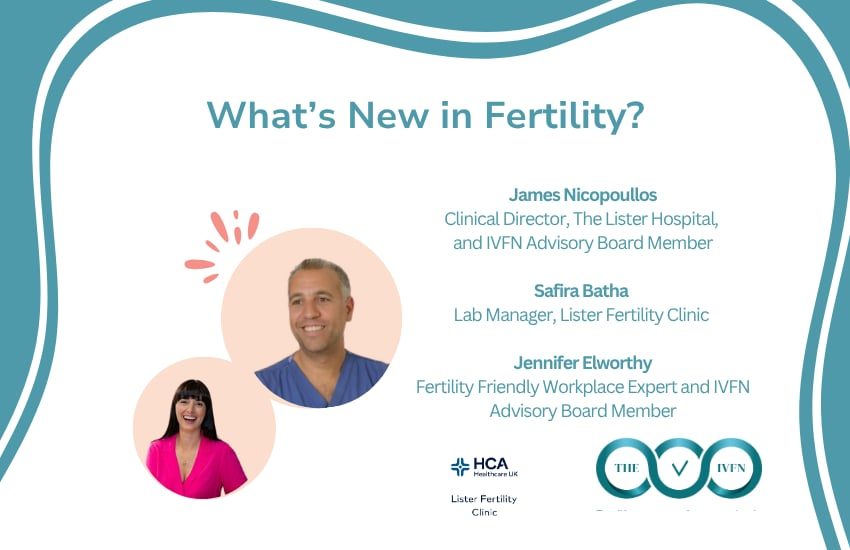Where Do I Start With IUI?

Login to continue reading
This content is for members only, to read the full article log in to your account.
Forgotten your password? Reset your password here.
Join us today
If you don’t have a membership yet, visit our Join us page.
Would you like your employer to pay for this?
For an obligation free chat to discuss how employer membership to The IFVN would work for your business, please contact us using this enquiry form.
Further reading
-
Previous event Ask the Expert – Making Informed Choices: Legal Considerations for Sperm Donation
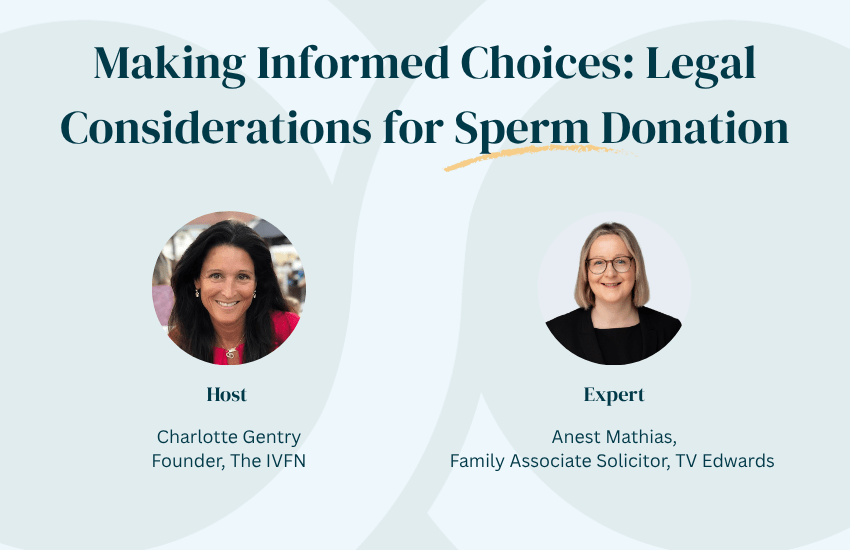
-
Previous event Ask the Expert – Exploring fertility options in Turkey
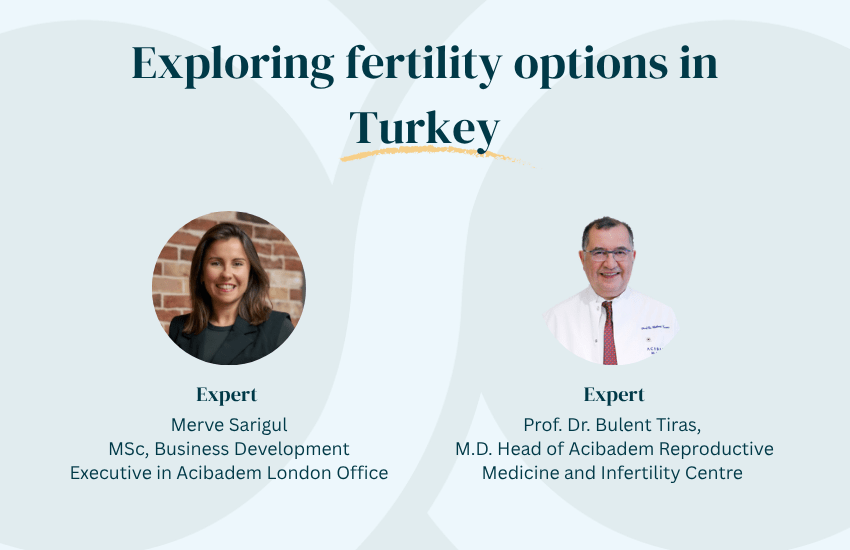
-
Previous event Ask The Expert – IVF and your team: Supporting employees through fertility treatment
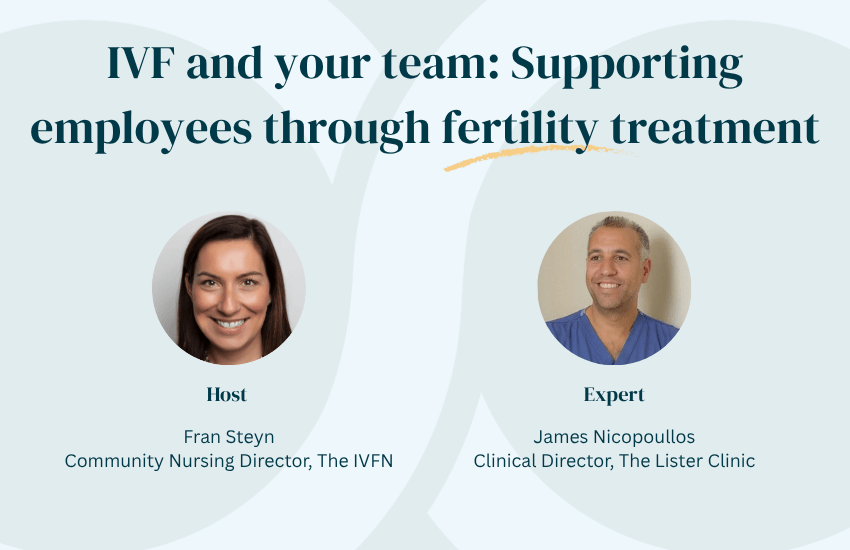
-
Female Alcohol and Fertility: What You Need to Know

-
Female Perimenopause and Fertility Treatment: What you need to know

-
Female Reproductive immunology – the role of the immune system in fertility treatment
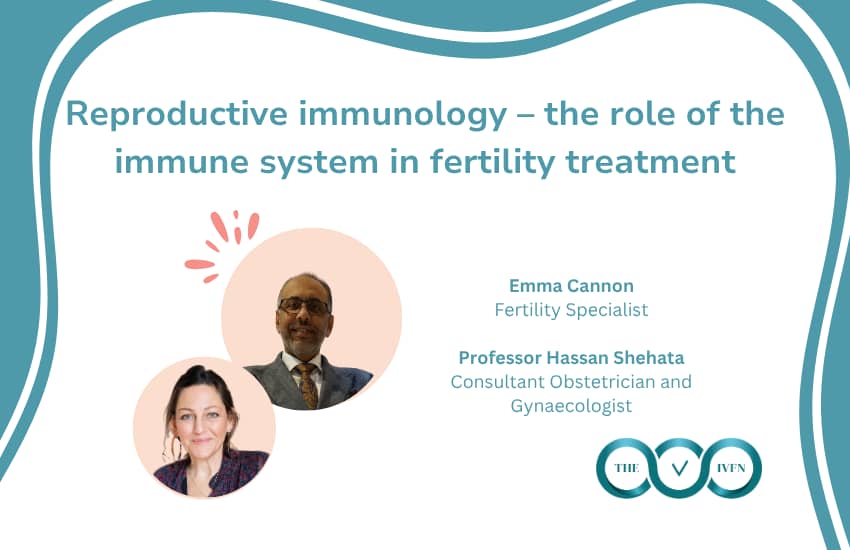
-
Fertility Treatments What’s new in fertility?
